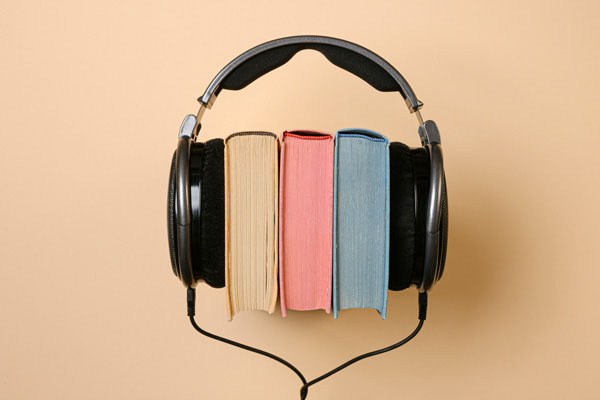The number seven is seen as significant in many cultures, even magical in some, so perhaps it is not surprising that writers consciously or unconsciously find plot structures that riff in some way on a cycle of seven. But that’s not all that’s at play here. Sevens are making it onto the front cover. If you do an online search for books that include ‘seven’ in the title, you’ll find a whole lot more. However, what strikes me about this particular collection of titles is that they all have the same syntactical structure: The Seven [somethings – plural noun] of [first name + surname]. They all have the same underlying rhythm. You can hear the rhythm when you read the titles aloud; you can hear the similarities in choices of words and names that begin with a consonant or a vowel; you can hear how the syllables roll off the tongue. Read them aloud a few more times and you can also hear the subtle differences in timbre, the character of the sound. Try it.
I’ve written before about rhythm as it relates to sentence length (see my blog ‘Sentence length: finding your rhythm‘), but the ‘seven’ titles of contemporary fiction got me thinking more about the sensory dimensions of the written word. The rise of the audio book is perhaps not only due to the convenience of being able to consume literature while doing other things, but also to the sheer joy of being read to by others that most of us experienced in our childhood; the pleasure of having written worlds come alive through oral story telling. Even when we read silently, prose and poetry (and titles) have a musical dimension: rhythm, tone, intonation, phrasing, flow. Sometimes a sentence or phrase in a book strikes me in such a way that I read it aloud so that I can hear it and can feel the shape of it in my mouth. Try it.
Listening to your own writing is a useful strategy to help hone your text. Read your own work aloud. Edit with your ears. Listen to where you naturally breathe and pause; listen to the phrasing; listen to the rhythm of the language, to where the sentences seem to have a beat too many, to where they seem to sing. Listen for when the words lose their flow; listen for redundancies. Notice what you trip over. Listening to the written word helps us understand the effects we create through word choices. As Carmel Bird says in her book Dear Writer (1988) ‘If you read your sentences aloud you will learn to catch the tune, to know when the rhythm is true.’ Many published writers do this as part of their redrafting process. Some even get trusted friends to read their manuscripts aloud to them so they can hear how others create the rhythm and meaning of the text. I can assure you that you’ll ‘hear’ things that you may not ‘see’ on the page. Try it.
I have just finished reading this blog aloud as part of my own editing process and can hear that it needs a short paragraph to round it out. I am tempted to circle back to sevens as I like the neatness of bookends, but I have strayed from numerology to synaesthesia. Perhaps I simply need to leave the reader with a sentence or two that will sing, where the meaning is embedded in the shape and sound of the words. Can you hear it?
